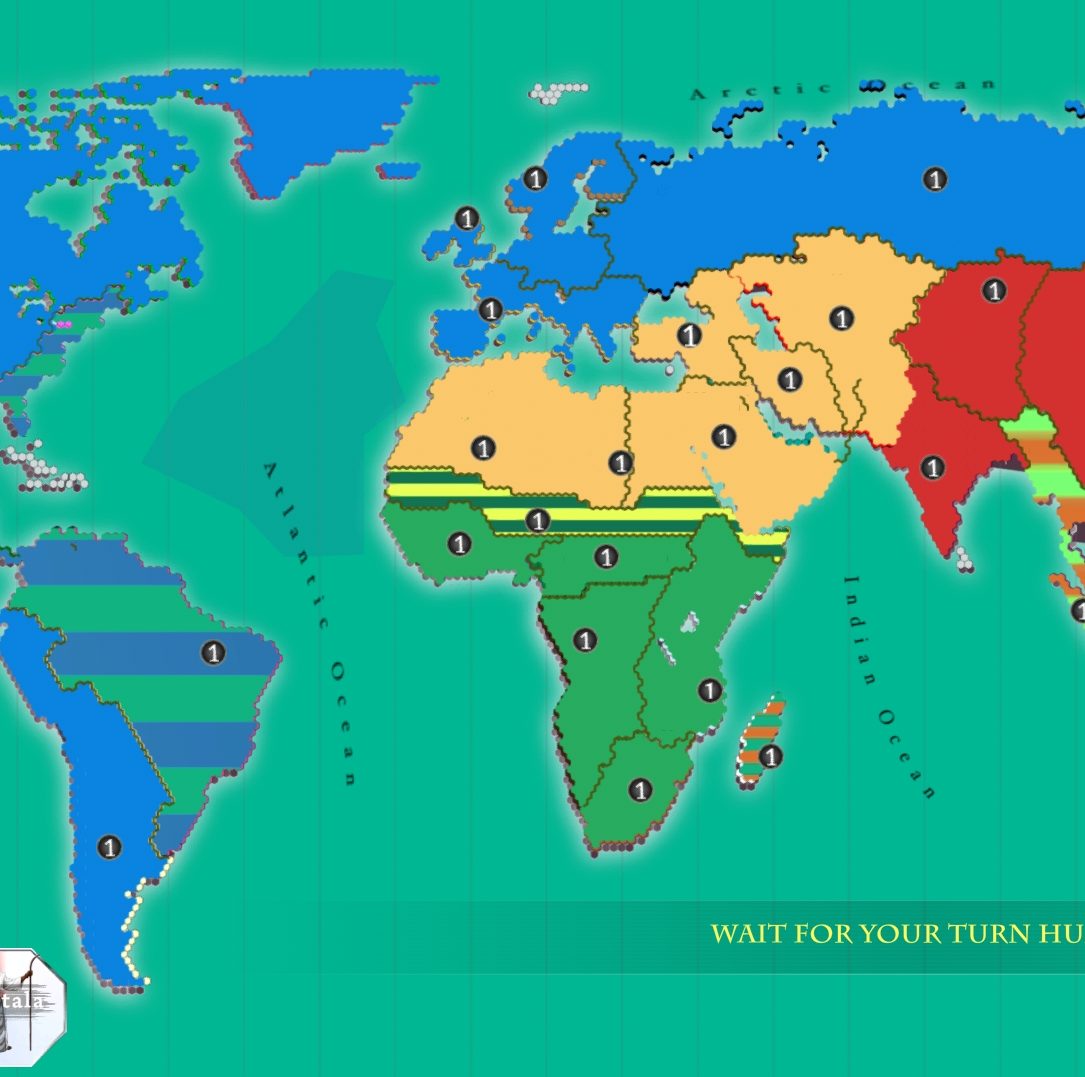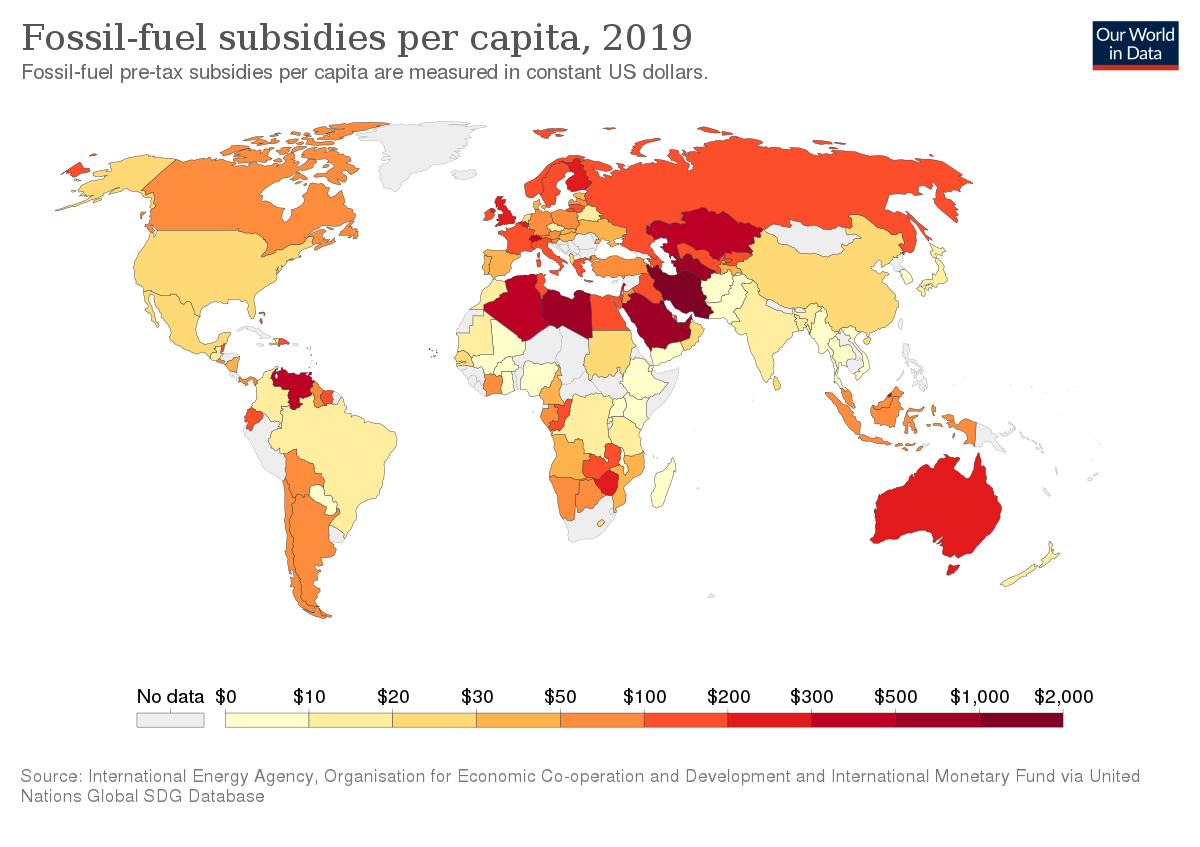Prince Justice
Nobel Laureate Economist Angus Deaton gave a humbling lesson to Economists on Capitalism in his seminal article, ‘Rethinking my Economics’, published on the IMF website, questioning his 40 year neo-liberal economic beliefs that won him a Nobel Prize, which resonates with President Tinubu’s economic somersaults of reversing his neo-liberal economic policies of subsidy removal and floating the Naira that led to economic destabilization and poverty.
How Yorubas Omoluabi leadership moved from Awolowo’s empowering Social Welfarism to Tinubu’s debilitating neo-liberal economics can only be explained by one of Prof Deaton postulations that “Without an analysis of power, it is hard to understand inequality or much else in modern capitalism” https://www.imf.org/en/Publications/fandd/issues/2024/03/Symposium-Rethinking-Economics-Angus-Deaton

I had set out early on the path of rethinking my economics during the 2023 presidential campaign, when I observed that the three leading presidential candidate manifestos were based on the same outdated slave plantation economic perspectives that Agriculture was the focus of economic development, overlooking the simple fact that an accelerated railway development was the launchpad of industrialization that will provide immense income and employment multiplier effects across the Economy. This made me label them ‘Neocolonial administrators, Not Economic Revolutionaries’ in an article.
However, I overlooked their promises to immediately remove fuel subsidies and float Naira, until Tinubu came into power to do exactly what had been the prevailing economic thought for a decade since President Jonathan. The devastating effects of the policies made me research and rethink to realize that contrary to the IMF neo-liberal economic policies pushed on Black nations, all industrialized capitalist nations depended on subsidies to stimulate and sustain their economies. Average global fuel subsidies to GDP was 7.1% while ours was a mere 2%.

Economic history reveals that ‘Capitalist nations spent money they didn’t have to pay subsidies’ to stop spread of Russian type revolutions. Slavery had been the capital of Capitalism for 350 years since the 1500s, but with the end of slavery and the continued need of an underclass, increasingly included Whites that formed trade unions and Marxist political movements, to snatch power from the capitalist plutocracies masquerading as democracies. Maynard Keynes provided the economic solution known as demand side economics that was to subsidize income, housing, health and big business. ‘Keynes wrote that the problem of economics is to reconcile economic efficiency, social justice, and individual liberty’. The British Fabian Society spread the economic perspective of social welfarism to leaders of newly independent nations like Chief Awolowo, Jawaharlal Nehru of India, Muhammad Ali Jinnah, founder of Pakistan, Lee Kuan Yew, the first Prime Minister of Singapore, and Michel Aflaq, the founder of the Ba’athist movement that spread it across the Arab world.
However, Western nations racially restricted the socioeconomic empowerment, like USA where Blacks were deprived the 1950s housing subsidies, the greatest generational transfer of wealth to Whites. There was the need to maintain an underclass, if not economically but sociopolitically, to continue Global White Supremacy doctrines. Social welfarism was brought to an end globally by UK Prime Minister Margaret Thatcher and US President Reagan that used Professor Milton Friedman Chicago School of Economics neo-liberal economic theories through the IMF. While all sources of Black Diasporan employment were cut, and excuses proffered to stop payment of subsidies to them, the IMF was used to stop subsidies in all Black nations.


From the Eighties, the likes of Awolowo were kept out of power through various tools like coloniality of knowledge and power sources, as well as coloniality of ecology/economics that gave them power to crash our commodity prices. Michael Manley, PNP government of Jamaica was pushed out of power until they accepted to be the fierciest advocates of neo-liberal economic policies. Kenneth Kaunda, the Zambian freedom fighter, was boxed into a corner that forced him to implement IMF subsidies removal that led to protests and loss of power. Even in the West, for the left wing social welfarist parties to regain power, they had to move to the center with Bill Clinton and Tony Blair adopting neo-liberal economic policies.
African social welfarists were labelled Populists, Marxists and Communists as the Cold War deepened between ‘Capitalist’ West and ‘Communist’ East. Western economic and media powers distorted the terms by refusing to see Communism as a temporary system to restructure the economies of non-slaving nations, galvanizing capital and private property to build socially beneficial production infrastructure, and the stark reality that pure Capitalism could no longer survive without subsidies and now were welfarists states.


While President Obasanjo craftily struck a balance, Tinubu took the neo-liberal economic policies in the name of efficiency without social.justice. As Prof Deaton observed, ‘when efficiency comes with upward wealth redistribution, our recommendations frequently become little more than a license for plunder,’ Tinubu’s Lagos policy of increasing efficiency of taxation to raise IGR led to the unfair taxing of the large but poor paid informal sector, whose proceeds were split by the upper classes without giving them health, housing or employment subsidies. He was able to get away with his neo-liberal economic injustices in Lagos, because majority of Lagosians taxed were traders and transporters with unions that could pass on the increased costs. However, on a national level, the polices implode the economy with galloping inflation as farmers and other producers passed prices to consumers. Fortunately, he has reversed the policies by now paying subsidies, at a higher rate than if left alone, and resumed backing Naira.
Though rethinking his economics, and trying to find a way forward by setting up high powered economic teams with capitalists, neo-liberal economists and top ministers, he overlooks Prof Augus observation that following the Eighties global tyranny of neo-liberal economics, ‘and economists on the left bought into the Chicago School’s deference to markets—“we are all Friedmanites now”—social justice became subservient to markets. Therefore his team is made up of the heavyweights with the same economic perspectives that wrote his Manifesto and guided his economic destruction till date.

Contrary to Tinubu’s statement at Chatham House that he will run the economy with teams, he must take leadership at this pivotal time in global economics to direct Nigeria away from neoliberalism to progressive policies to provide abundance for all according to Afenifere Social Welfarism mantra. The further empowerment of the neo-liberal capitalists in his new economic teams will not bring about social justice and economic development that can stop a class war and revolution. Ex President Jacob Zuma recently categorized capitalism as the rule of a few capitalists over the masses, while socialism gave power to the masses over the capitalists.
Prof Deaton advised Economists could benefit by greater engagement with the ideas of philosophers, historians, and sociologists, just as Adam Smith once did. Now that Tinubu has reversed the subsidy removal, and like the 1940s Western capitalists paying subsidizing with the money we don’t have, through borrowing, he must lead an economic crusade towards industrialization and economic advancement to pay back, or the system would collapse under the weight of debts. He must take note of the economic history of subsidies and industrialization, tied to accelerated railway development which have huge multiplier effects in agriculture, industry and service sectors.
https://bit.ly/4ahmOTP








